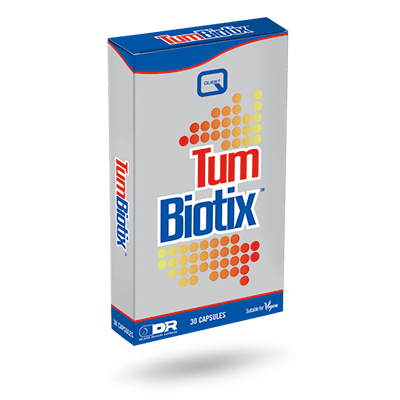
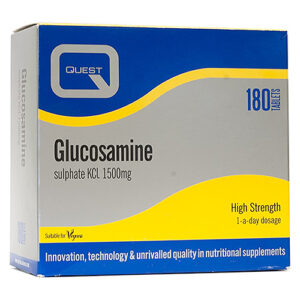
Ubiquinol Qu10 30 Tablets Quest
£30.89 Original price was: £30.89.£24.71Current price is: £24.71.
Ubiquinol Qu10
Quest Ubiquinol Qu10, often labeled as “CoQ10” or “Coenzyme Q10,” is a naturally occurring compound in the body that is involved in cellular energy production. It is a vital component in the electron transport chain, a process within the mitochondria of cells responsible for producing adenosine triphosphate (ATP), the body’s primary source of energy.
Ubiquinol is considered the reduced form of CoQ10, and it plays a key role in antioxidant protection and overall health. Here are some key points about Ubiquinol Qu10:
1. **Cellular Energy Production:** Ubiquinol is essential for the conversion of nutrients into energy within the cells. It is particularly important for organs and tissues with high energy demands, such as the heart, liver, and muscles.
2. **Antioxidant Properties:** Ubiquinol Qu10 also serves as an antioxidant in the body, helping to neutralize harmful free radicals and reduce oxidative stress. This antioxidant activity may help protect cells and tissues from damage and support overall health.
3. **Aging and Health:** Ubiquinol levels in the body tend to decline with age. Some people take Ubiquinol supplements to support their overall well-being, particularly if they are older or have health conditions that may benefit from its antioxidant and energy-producing properties.
4. **Heart Health:** CoQ10, including Ubiquinol, is often used to support heart health. It may help improve cardiovascular function by enhancing energy production in heart cells, reducing oxidative stress, and promoting healthy blood vessel function.
5. **Supplement Forms:** Ubiquinol supplements are available in various forms, including softgels, capsules, and powders. The recommended dosage can vary depending on individual health needs.
6. **Bioavailability:** Ubiquinol is believed to have higher bioavailability compared to standard CoQ10 (ubiquinone). This means that it is better absorbed and utilized by the body, making it an attractive option for supplementation.
7. **Safety and Tolerability:** Ubiquinol supplements are generally considered safe when used as directed. Side effects are usually mild and may include gastrointestinal symptoms or allergic reactions in rare cases.
8. **Health Considerations:** It’s a good idea to consult with a healthcare provider before taking Ubiquinol supplements, especially if you have specific health concerns or conditions.
They can provide guidance on the appropriate dosage and whether supplementation is warranted for your individual needs.
9. **Dietary Sources:** Ubiquinol is also found in small amounts in certain foods, such as fatty fish, organ meats (liver, heart), and whole grains. However, the amounts obtained through dietary sources are relatively low compared to what can be obtained through supplementation.
Ubiquinol is widely used as a dietary supplement to support overall health and energy production. If you are considering taking Ubiquinol supplements, it is advisable to consult with a healthcare provider for personalized guidance on the appropriate dosage and to determine whether it is suitable for your specific health goals and needs.

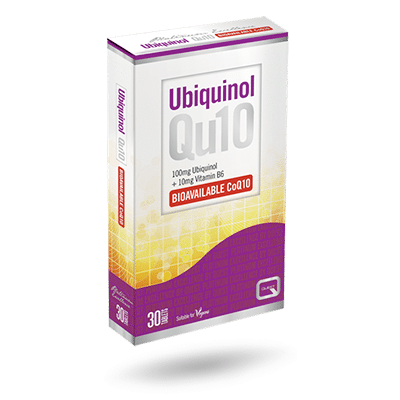
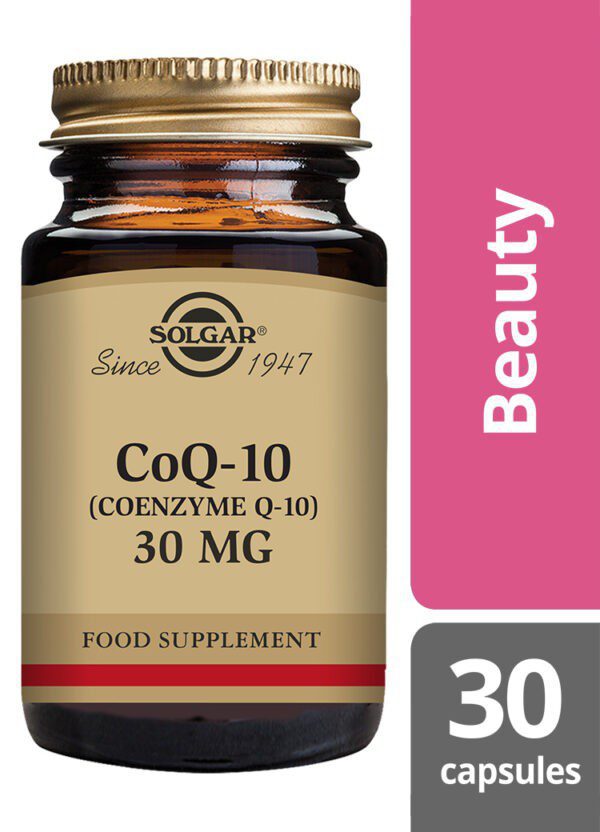
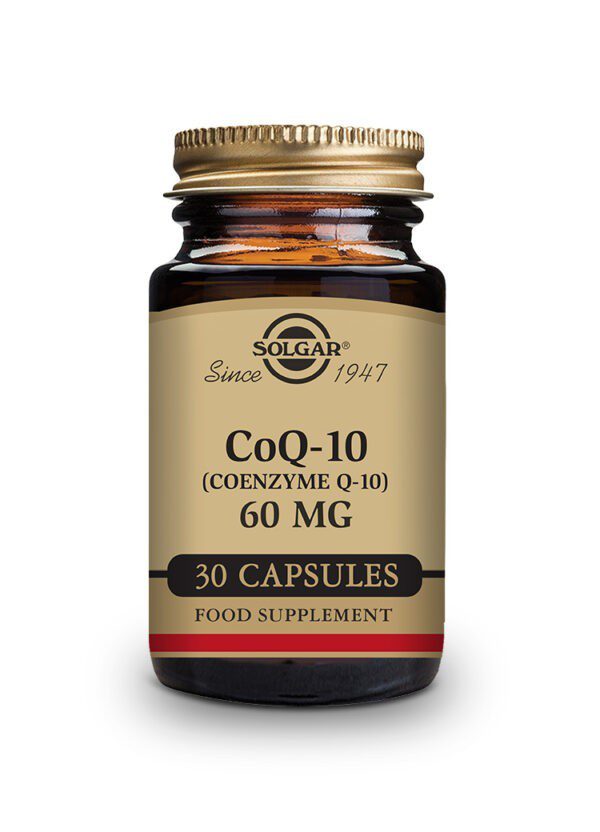
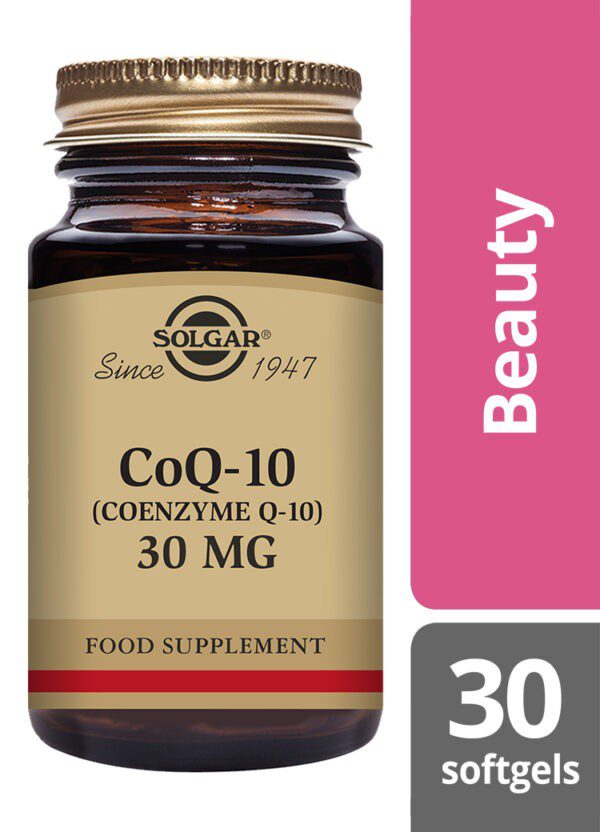
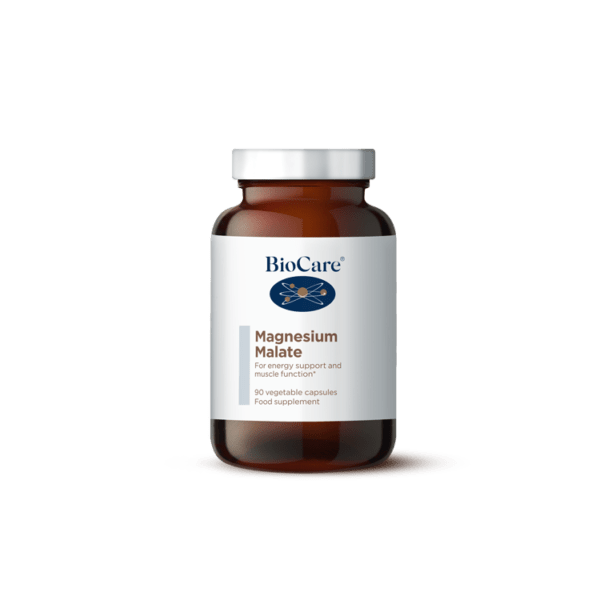
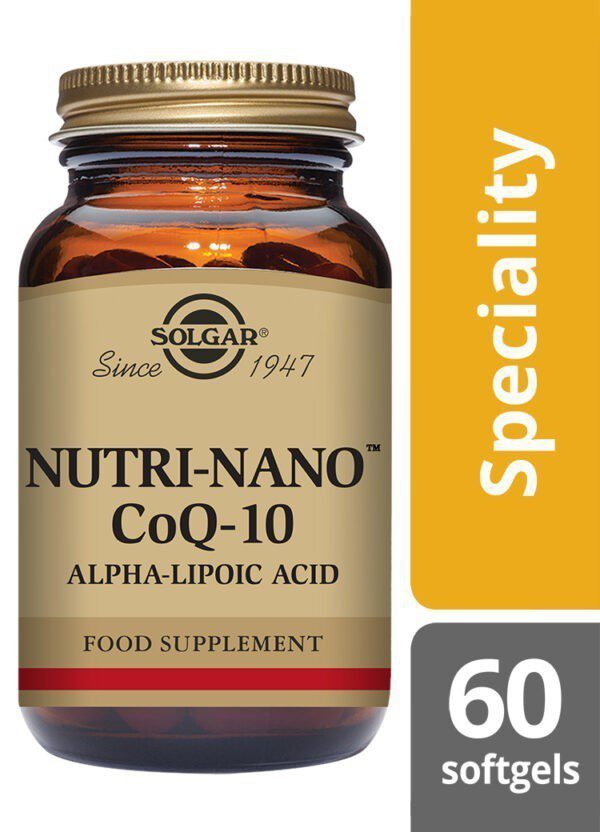
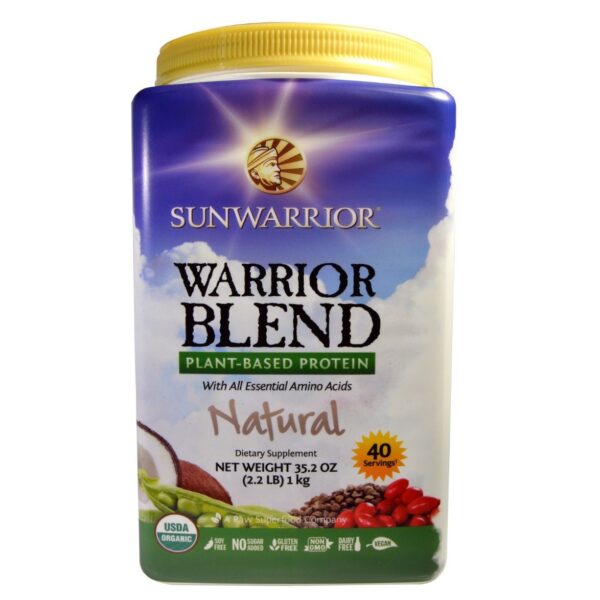
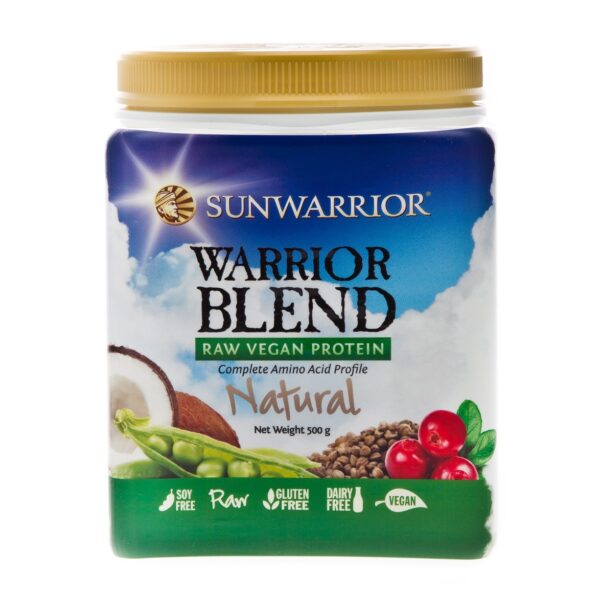
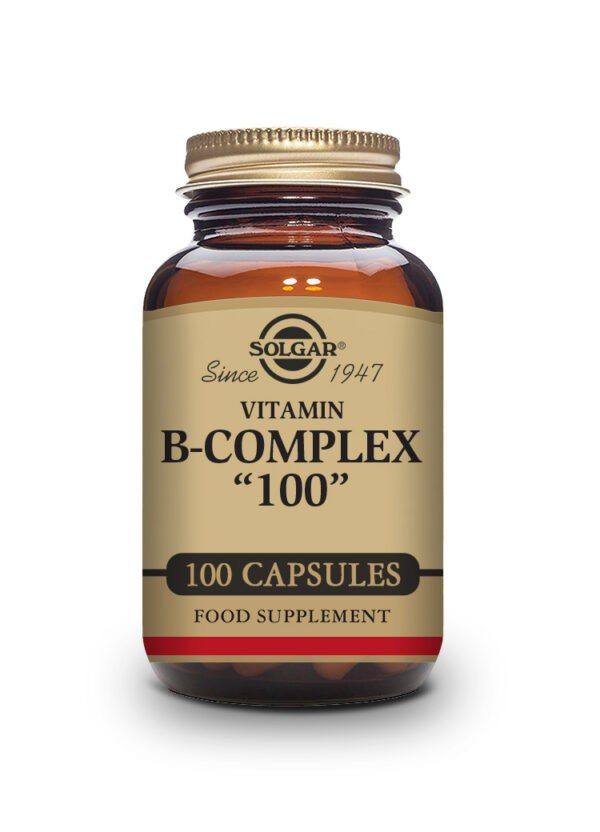
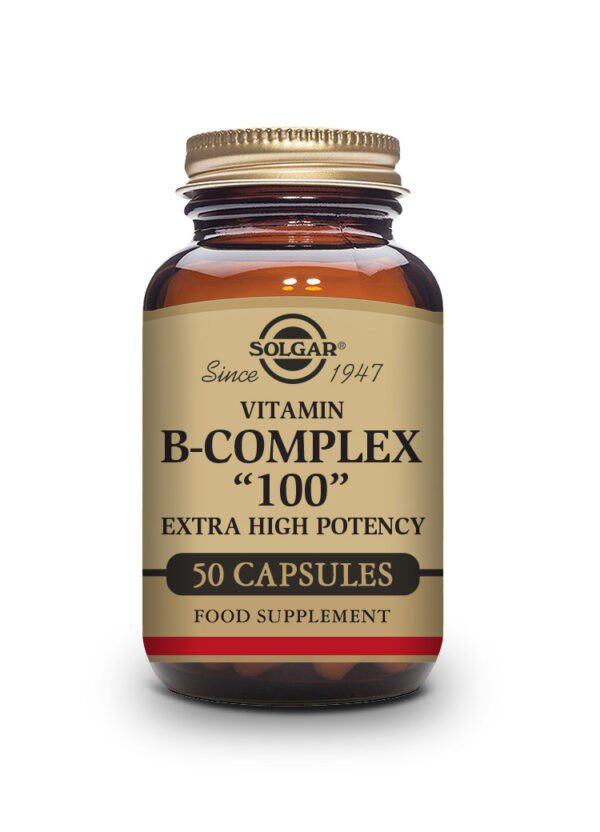




Reviews
There are no reviews yet.